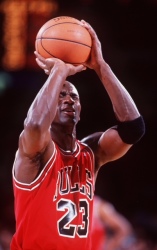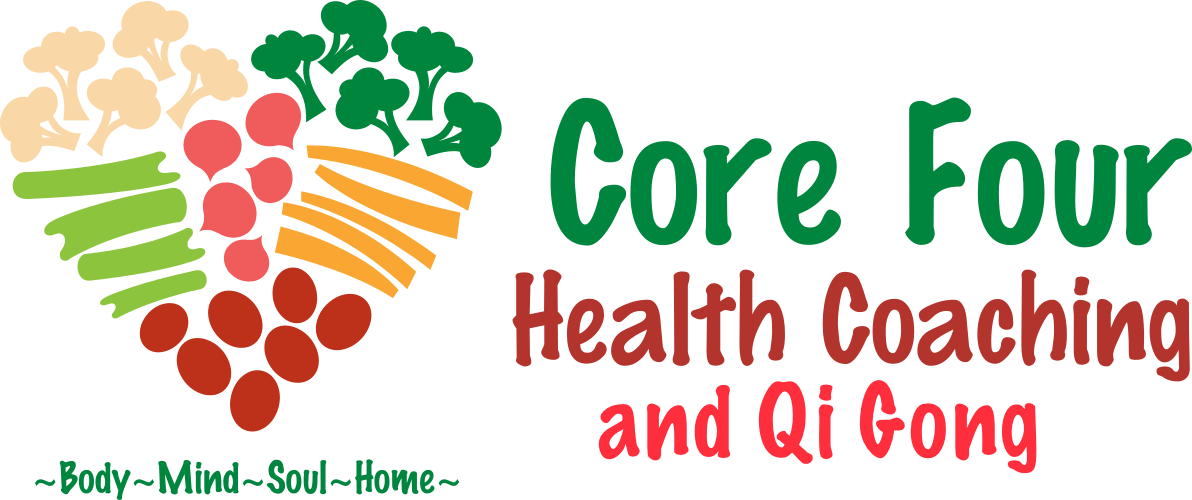
This past weekend, an historic event took place at the Augusta National Golf Club...and I am not talking about the annual Masters Tournament. The very 1st ever women’s event took place there - the Inaugural Augusta National Women’s Amateur Championship. The event was established to increase the interest and participation in women’s golf and to inspire younger female golfers to take up the sport. The winner of the tournament was Jennifer Kupcho, the world's top-ranked amateur, who is a 21 year old senior at Wake Forest College. Everyone is talking about how well Jennifer golfed, particularly the fact that she played her final six holes in five under par, including an eagle on the par-five 13th hole and birdies on the 15th, 16th and 18th holes.
As impressive as those playing statistics are, what blew me away was when I found out that during the tournament, Jennifer was suffering from such a severe migraine headache that her vision was completely blurred and she could not see her own golf ball! In a recent interview, when Jennifer was asked how she could have played golf so well with impaired vision, she said that it was possible because she frequently practiced with her eyes closed. I find this astounding! I should not be surprised by this concept....after all, I remember when decades ago Michael Jordan famously shot a free throw with his eyes closed and my high school typing teacher blindfolded us so we would be forced to memorize the key positions. Additionally, my eldest son regularly plays the piano with his eyes closed and I often encourage my Qi Gong students to “go with the flow” by shutting their eyes as we practice the movements. The part I never contemplated about this “eyes closed” practice was just how helpful this technique can be to your brain. Closing your eyes prompts your brain to engage in a higher degree of activity since you are forced to use your other senses and pay more attention to what you are doing instead of relying on your eyesight to do the job for you.
What if we tried this technique with other aspects of our lives?
Perhaps if we closed our eyes in the grocery store produce aisle, we would pick the freshest and most fragrant herbs and pineapples.
Would the water in our pools feel better if we closed our eyes while swimming the breast stroke?
I think we would pay closer attention to the notes and the melody of our favorite songs if we listened with our eyes closed.
Just like during meditation, when we “block out” the outside world, we are better able to drop into the present moment. While you could make the argument that closing our eyes narrows our focus, it is more likely that keeping your eyes open exposes you to the many distractions around you.When you close your eyes, you no longer have the distraction of everything that you can see. Closing your eyes will actually help bring into focus other parts of your experiences – like how your body feels, what sounds you hear around you, what you can smell, or the increased awareness of your thoughts. The more we “practice with our eyes closed”, the more our focus will improve and our senses will be heightened.
This week’s “homework” assignment is to practice doing something with your eyes closed: brushing your teeth, eating dinner, listening to your spouse, taking a walk (be careful with this one), or exercising.
After practicing, we may not be able to sink a free throw shot like Michael or hit a golf ball 300 yards like Jennifer, but we may gain a greater sense of the world around us. If you need a reminder of why this is a great idea to try, don’t rely just on my advice...listen to these words of wisdom from the actor Denzel Washington:
"Why do we close our eyes when we pray, cry, kiss or dream? Because the most beautiful things in life are not seen, they are felt by the heart.”
